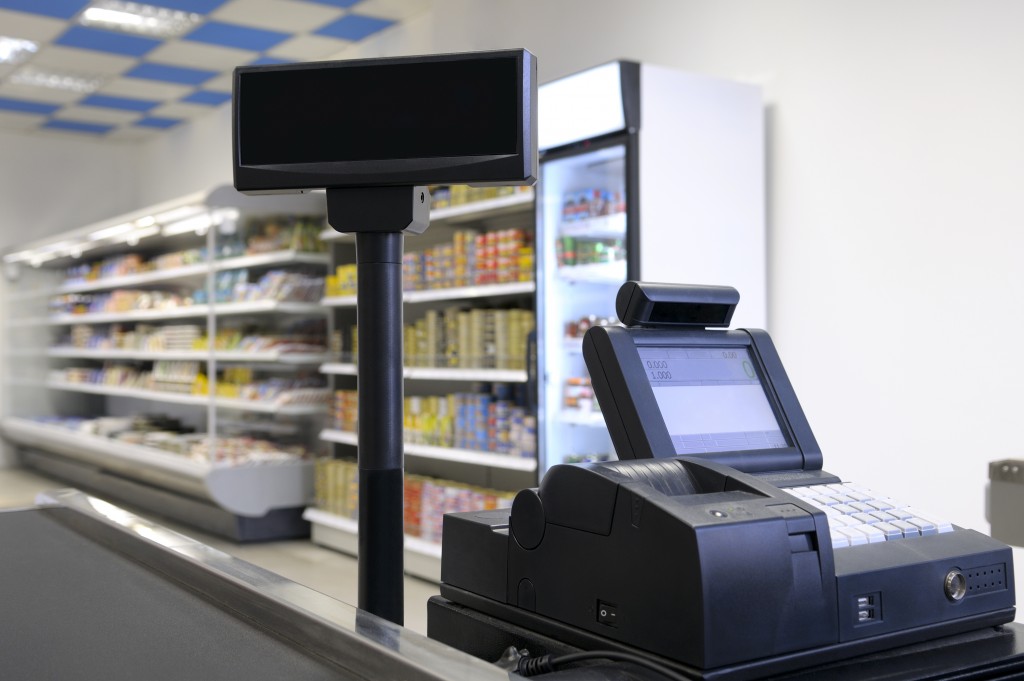Despite the economic challenges brought about by the pandemic, people are eating more snacks than ever. Businesses are trying to keep up while minimizing the inevitable bottlenecks along the way. Due to the fluctuations in the demand for goods and services, developing a storage system is an efficient way to reduce potential losses, while protecting the raw materials that can, in turn, prepare companies to meet surges in demand with adequate supply.
Furthermore, ensuring that there is enough support, such as emergency electrical services, can assure that the items being stored will be in great condition when they are required.
However, different products or raw materials have varying needs. Moreover, since the time of production may not always be the exact moment when the item will be sold to the client, it is important to determine the locations where it will be stored until they have to be released to the customer.
Therefore, being aware of the various storage types is important for anyone involved in the operations and the logistics of their industry. This is also true for business owners so that they will know the necessary kinds of storage to invest in.
Here are 3 types of storage options for any industry:
Cold Storage
As mentioned earlier, entrepreneurs have to consider the needs of the raw material or product before determining the kind of storage it requires. When there are perishable goods or items with ingredients that tend to spoil at room temperature, business owners should decide on investing in cold storage units. These could either be a refrigerator, a freezer, or an entire room, depending on the temperature requirements of the raw material or product.
In some cases, the temperature of the environment in which an item is placed can affect its appearance or quality. For instance, ice cream will melt without proper storage. Another example is the spoilage of COVID-19 vaccines due to the lack of cooling in its surrounding air. Cold storage is important to control the temperature of the environment and, in turn, the temperature of the product.
Dry Storage

Along with temperature, the moisture of the surrounding air that stores the raw material or product can also affect its overall quality. Molds tend to form when there is unintended moisture in the air. A good example of this is during the storage of soybeans in silos. A lot of technology goes into making sure that the moisture in the soybean storage is reduced to increase its shelf life. Large fans blow the moisture from below the silo to an upward current that eventually exits to its exterior. Farmers will want to assure a low percentage of wetness before they sell so that the quality of their product is maintained.
There are also cases where business owners need to store fruit that need to be ripened before being used in a particular process, such as juice production. They cannot be placed in a cold storage facility because it is not conducive to the ripening of the fruit. Instead, dry storage can be anything as small as a box, or as large as a room, to facilitate the spread of the natural chemical that induces the ripening of fruits. These locations can also be used to store materials that must be kept dry before being used, such as rice grains.
Data Storage
With the constant development of new technology, business owners have to adapt their practices to the advancements made in their industry. Rather than leaving paperwork susceptible to fires, floods, or any other unpredictable incidents that can cause damage to important records, entrepreneurs have to look toward a more digital form of storage for their data. After all, it allows for ease of communication among teams in different locations because of the transportability of the information, as well as the possibility of encrypting sensitive data.
Maintaining a system for data storage can be challenging for those who are unfamiliar with the technology. But this is a crucial investment for companies that want to continue having skin in the game, as more businesses shift to the digital age. Moreover, the accessibility to potential clients will increase because of the connections made online, and the ease of communication between the seller and the buyer.
Storage can refer to an arbitrary or a physical commodity that entrepreneurs have to safeguard. Although there are difficulties involved in raising capital for storage, as well as training a team of professionals, it will be worth it later on.

